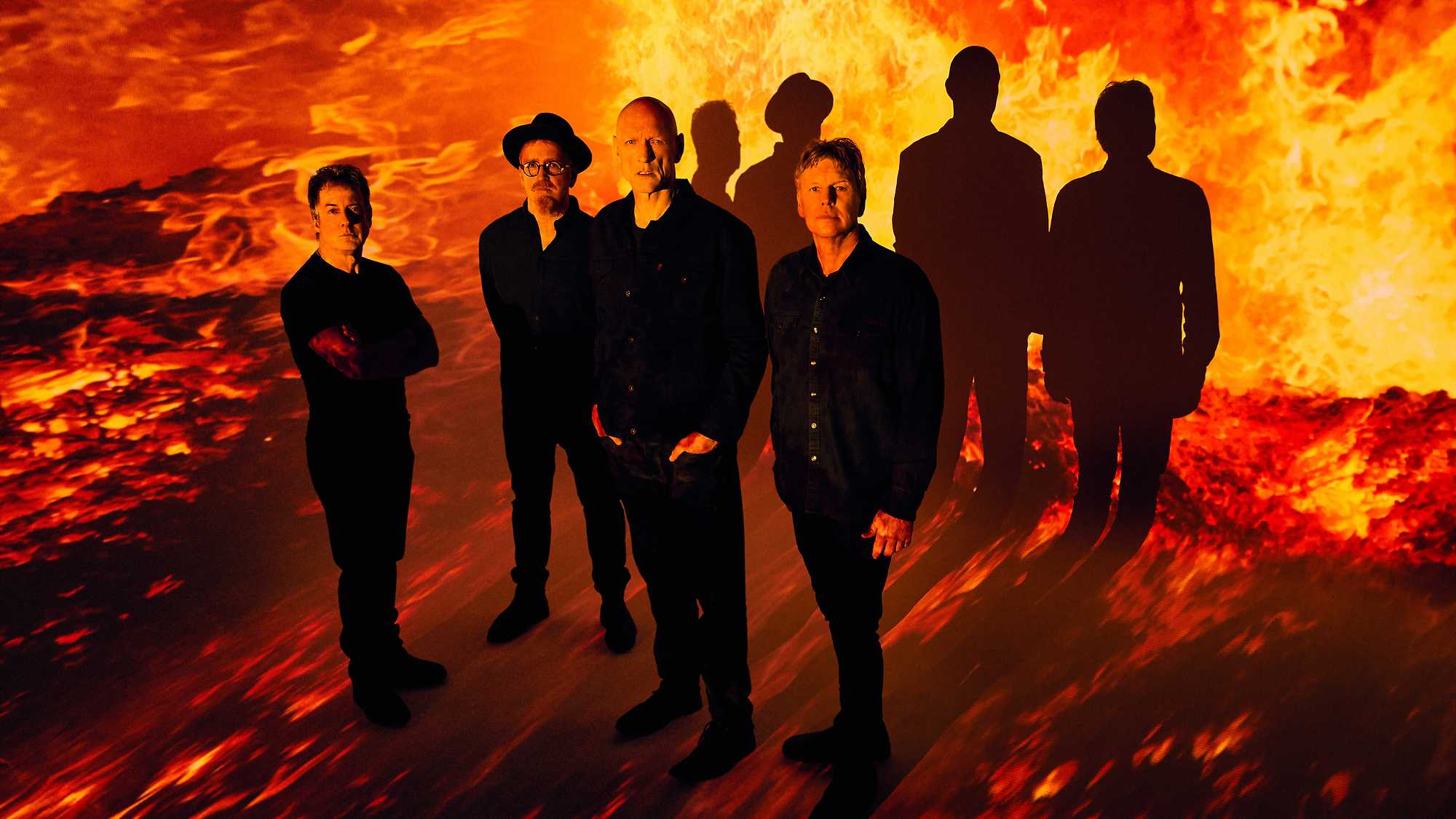Defying the traditional rock ’n’ roll narrative, this is the story of how a young Australian hard rock band developed a political conscience and brought their audience along with them.

Over 45 years Midnight Oil helped shape modern Australia. This is their trailblazing story for the first time on film.
Screened as part of 2024
Midnight Oil: The Hardest Line 2024
| Aug 22 | | ||
| Aug 25 | |
Midnight Oil is not your typical band, so it makes sense that this is not your typical rockumentary. Sex and drugs play little if any part in the tale of one of Australia’s most successful rock groups ever. Neither will you find the kind of rivalries and tensions that one expects in the story of a band with a career as long as this one.
Formed while still at school by drummer Rob Hirst and guitarist Jim Moginie and soon joined by slightly older singer and frontman Peter Garrett, after almost five decades together they regard each other with a respect and camaraderie that looks a lot like love.
Told in voiceovers by managers, critics, commentators, and the band members themselves, the film features plenty of footage of the Oils performing live, from their earliest days. Watching Garrett command the stage, it is clear why they made it as big as they did, even while they resisted crucial aspects of the pop game, such as appearing on Countdown, the most popular music programme in Australian TV history.
From their beginnings, playing high-octane rock to Sydney surf crowds, the developing social conscience of Garrett saw the group’s music become increasingly political, leading to Garrett eventually taking leave to become a member of Parliament. Yet in a climactic moment, we see how a rock band can use its platform in ways that are denied even to a politician.
If there is a single This is Spinal Tap element, it is in the revolving cast of bass players, though their departures all seem to have been on good terms, and the group’s response to the death of their longest-serving bass player, New Zealander Bones Hillman, is just one of the film’s many genuinely moving moments. — Nick Bollinger
